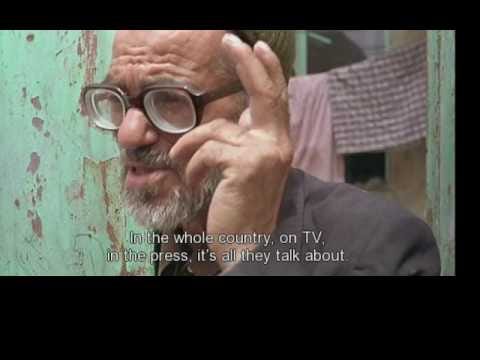8 Picks With Joshua Oppenheimer: Nonfiction Film Recommendations From a Certified Genius
Written by Jason Gorber
It’s fair to say that Joshua Oppenheimer’s The Act Of Killing created a bit of a firestorm when it premiered at the Telluride and Toronto film festivals back in 2012. An extraordinary, unforgettable gaze into the heart of darkness, the film was the result of almost a decade of effort by Oppenheimer and his team to document in a unique way a truly distur…
Keep reading with a 7-day free trial
Subscribe to Nonfics to keep reading this post and get 7 days of free access to the full post archives.


